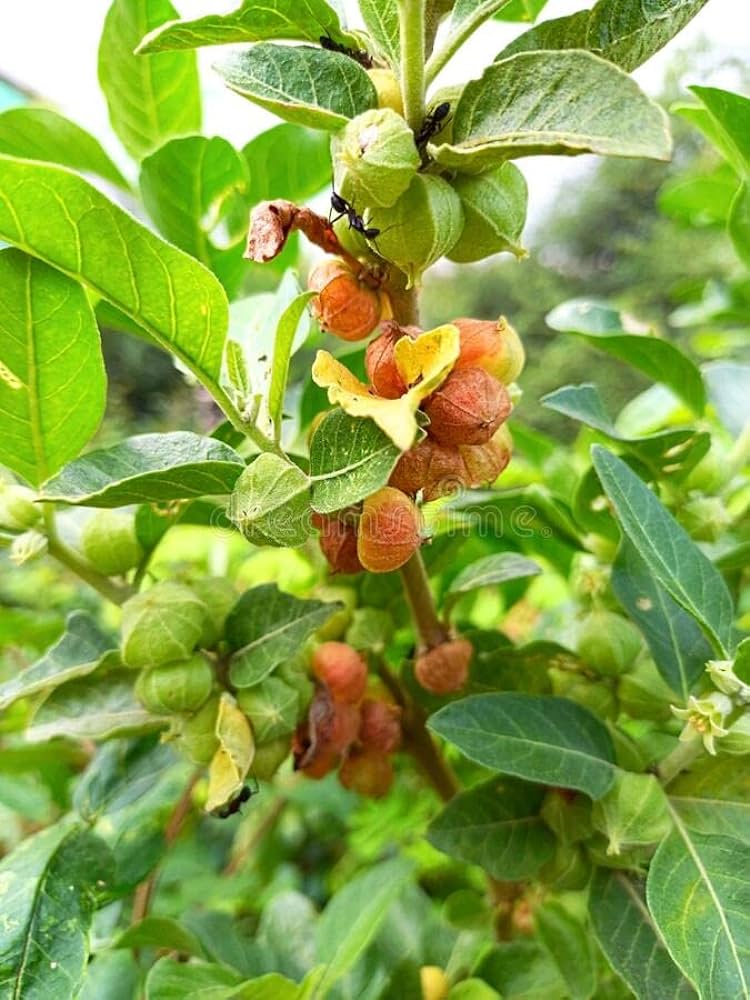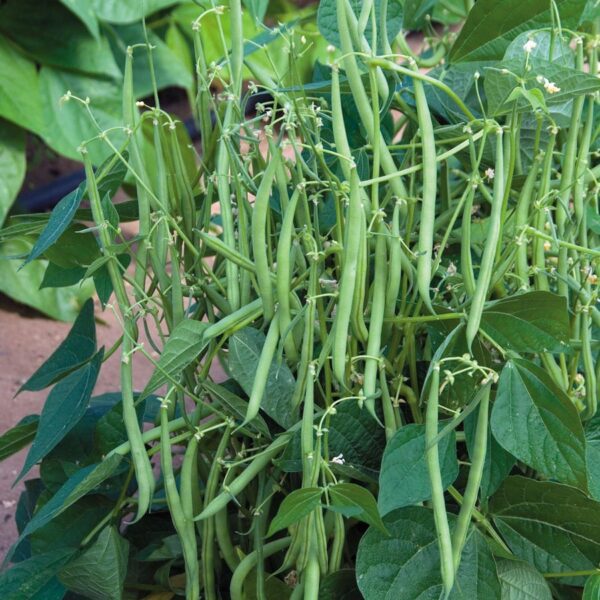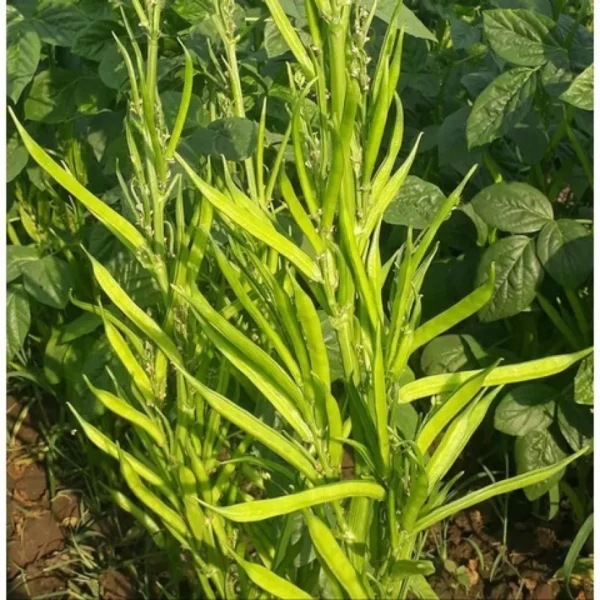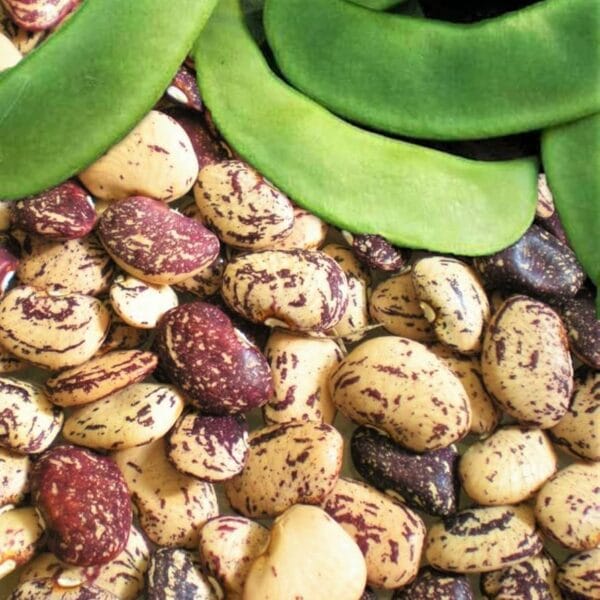Ashwagandha medicinal plant seeds
Growing ashwagandha (Withania somnifera) from seeds can be a rewarding process, but it requires patience and attention to detail. Ashwagandha is a hardy, drought-tolerant plant that thrives in warm climates, but it can be grown in many regions if you provide the right conditions. Here’s a step-by-step guide to growing ashwagandha from seeds:
1. Obtain Ashwagandha medicinal plant seeds
- The seeds are typically small, round, and brownish. Fresh Ashwagandha medicinal plant seedsusually have better germination rates, so try to get seeds that haven’t been stored for too long.
2. Choose the Right Growing Location
- Climate: Ashwagandha thrives in warm, dry climates with temperatures between 70–95°F (21–35°C). If you’re in a colder region, you can grow it in containers and bring it indoors during the winter.
- Soil: It prefers well-draining, loamy soil with a slightly alkaline pH (6.5–7.5). The soil should be light and not waterlogged.
- Sunlight: Choose a spot with full sun for at least 6–8 hours a day.
3. Prepare the Soil
- Loosen the soil to a depth of about 6–8 inches and amend it with compost or well-rotted manure if it’s not rich in nutrients.
- Ashwagandha is tolerant of poor soil conditions but benefits from added organic matter to enhance its growth.
4. Seed Preparation (Optional)
- Ashwagandha medicinal plant seeds have a hard outer shell, so soaking them for 12-24 hours in water can help improve germination. Some gardeners also lightly scarify the seed coat by gently rubbing the seeds with sandpaper to encourage sprouting.
5. Sow the Ashwagandha medicinal plant seeds
- Direct Sowing: If you’re planting outdoors, sow the seeds 1/4 inch to 1/2 inch deep in rows, spaced about 18–24 inches apart. You can sow 2-3 seeds per hole and thin them out later, leaving the strongest plant.
- Indoors: If you’re starting seeds indoors, plant them in small pots or seed trays. Place them about 1/4 inch deep, and keep them in a warm, sunny location.
6. Germination
- Temperature: Keep the soil temperature around 75–80°F (24–27°C) for optimal germination. If you’re starting seeds indoors, you can use a seed heat mat to maintain consistent warmth.
- Watering: Keep the soil consistently moist, but not soggy. Once the seeds sprout (usually within 1–3 weeks), reduce the watering slightly but ensure the soil does not dry out completely.
7. Transplanting
- Once the seedlings are large enough to handle (usually when they have 3-4 true leaves), you can transplant them outdoors, or if you’ve started them in containers, continue growing them in pots.
- When transplanting outdoors, make sure to harden off the seedlings first by gradually exposing them to outdoor conditions over a week.
8. Caring for Ashwagandha Plants
- Watering: Ashwagandha is drought-tolerant but needs regular watering during the growing season, especially when young. Once established, it requires less frequent watering.
- Fertilizing: While it doesn’t need a lot of fertilizer, you can feed your plants with a balanced, slow-release fertilizer at the start of the growing season. Over-fertilizing can lead to excessive foliage growth at the expense of root development.
- Weeding: Keep the area around the plants weed-free, as they don’t compete well with weeds for nutrients.
9. Harvesting Ashwagandha
- Time to Harvest: Ashwagandha plants typically take 4–6 months to mature. The roots are the part of the plant used for medicinal purposes, so the plant needs to grow to its full size before harvesting.
- Signs of Maturity: The leaves and stems may start to yellow and die back when the plant is ready for harvest. The root system will be fully developed at this time.
- Harvesting: Carefully dig up the plant, being gentle with the roots. Clean the roots thoroughly and allow them to dry in a shaded, well-ventilated area for 1–2 weeks.
10. Post-Harvest Care
- Once dried, the roots can be stored in a cool, dry place, and can be used for making powders, tinctures, or extracts.
Additional Tips:
- Pests and Diseases: Ashwagandha is relatively pest-resistant but watch for common garden pests like aphids or spider mites. Using natural pest control methods or neem oil can help keep pests at bay.
- Companion Planting: Ashwagandha can grow well alongside other herbs like basil, turmeric, or marigolds, which can help with pest control.
By following these steps, you can grow ashwagandha from seeds and eventually harvest its roots for medicinal use. Keep in mind that patience is key; it may take a bit of time before your plants are ready to harvest, but the benefits are worth the effort!
Ashwagandha medicinal plant seeds







Reviews
There are no reviews yet.